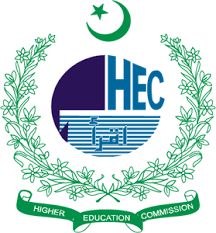تمدد الفكر الحداثي في العقل العربي، رأي طه حسين في الفلسفة اليونانية نموذجًا
The Expansion of Modernist Thought in the Arab Mind – Taha Hussein’s View on Greek Philosophy as a Model
DOI:
https://doi.org/10.52015/al-turathal-adabi.v3i1.36Keywords:
Taha Hussein, , Greek philosophy,, Modernist thought, , Arab intellectual history, , Rationalism, , Cultural Identity,, Tradition vs. ModernityAbstract
This research paper encompasses the Expansion of Modernist Thought in the Arab Mind. This study examines the nuanced response of Taha Hussein, a pioneering Arab intellectual, focusing on his advocacy for modern Western thought and his specific glorification of Greek philosophy as a foundational model for Arab intellectual renewal. This research employs a critical analytical approach, using Taha Hussein as a case study. It conducts a close reading of his key works, including *Leaders of Thought*, *Critique and Reform*, and *From Afar*, to analyze his philosophical orientation. The study investigates the intersection of his dual education—traditional at Al-Azhar and modern in the West—and its impact on his intellectual duality and his views on cultural borrowing and epistemological sovereignty. The analysis reveals that Taha Hussein was a fervent advocate for integrating Greek-rooted rationalism as the cornerstone of modernist thought in the Arab world. His work reflects a complex psychological and cultural identity, shaped by colonial influence, resulting in a distinct intellectual duality that is balanced between tradition and modernity. The research calls for a critical reassessment of Taha Hussein's legacy, particularly his assertions about the classical foundations of modern Arab thought. It suggests that his model provides a valuable framework for understanding the ongoing tensions between cultural authenticity and modernization in the Arab intellectual sphere, highlighting the need for a balanced critique of imported intellectual paradigms.
Downloads
Published
How to Cite
Issue
Section
License
Copyright (c) 2025 Prof. Dr. Nabil Fouly Muhammad

This work is licensed under a Creative Commons Attribution-NonCommercial 4.0 International License.




